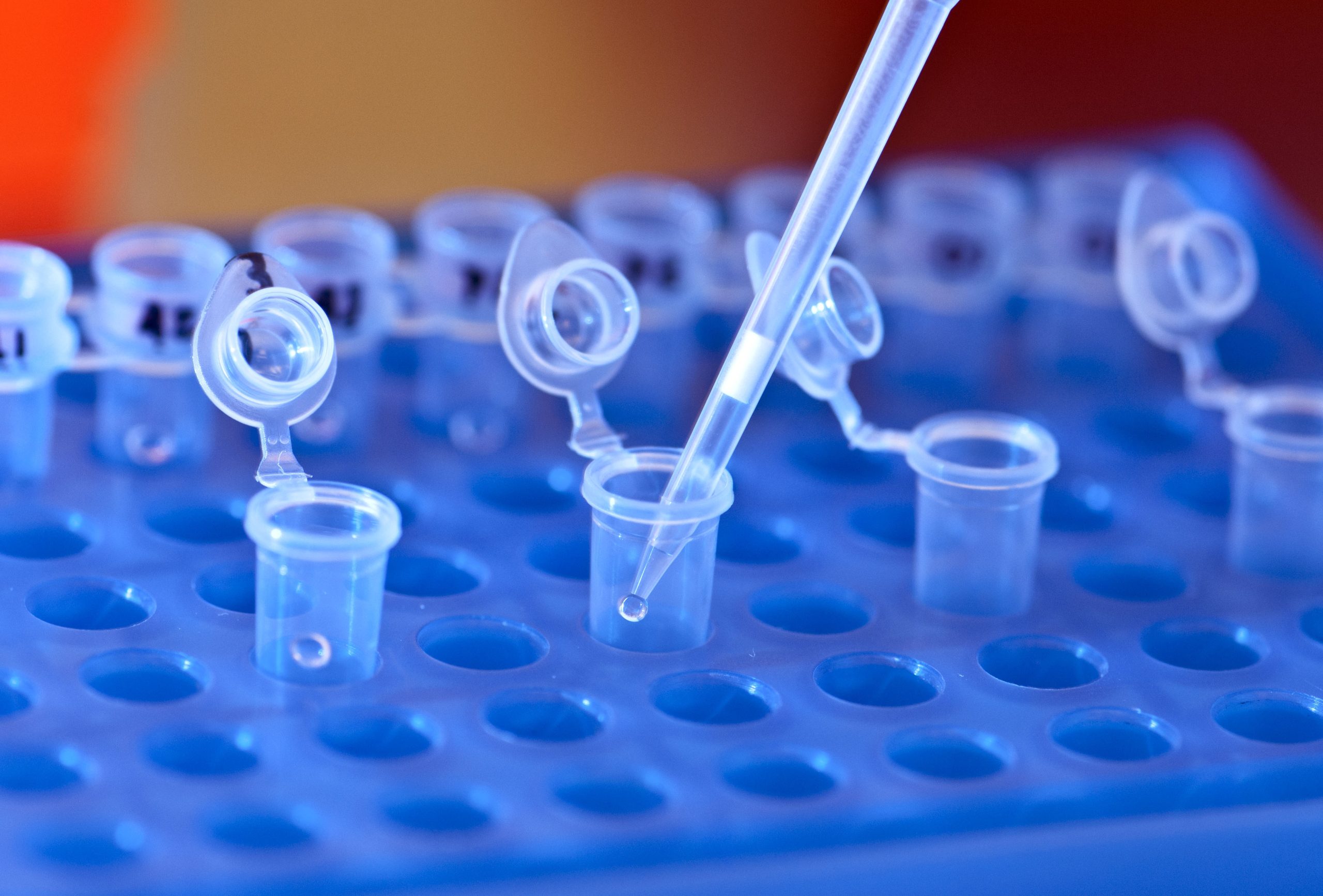
In March 2018, the Food and Drug Administration (FDA) approved the first direct-to-consumer geneticInherited characteristics. test that could identify an increased breast cancer risk.
How Does 23andMe Test For The BRCA Gene?
With 23andMe, consumers mail their saliva sample for laboratory analysis, and their reports are viewed online. Results include a variety of traits, carrier statuses and genetic health risks, including selected variants of the BRCA1A gene which, when damaged or mutated, can put a person at a greater risk of developing breast and/or ovarian cancer. and BRCA2A gene which, when damaged or mutated, may put a woman at a greater risk of developing breast and/or ovarian cancer. This gene is also thought to raise the risk for breast cancer in men. geneA sequence in the DNA which can be passed down from parent to child. Genes helps determine physical and functional traits for the body..
BRCA1 and BRCA2 are tumorA mass of cells that can be benign or malignant. suppressor genes that everyone has, but some people have mutations on these genes that can greatly increase their risk of breast and ovarian cancer.
The current test kit offered by 23andMe will test for three mutations on the BRCA1 and BRCA2 genes, commonly found in people of Ashkenazi Jewish heritage. These select mutations, however, are not the most commonly found gene mutations in the general population. There are more than 1,000 mutations on the BRCA genes that could increase breast cancer risk. Some medical laboratories analyze up to 15 additional genes for harmful mutations relating to breast cancer risk.
The Downside of At-Home DNA Testing Kits
The low cost and convenience of this testing may seem appealing to those individuals concerned about their breast cancer risk. Unfortunately, with such a limited scope in the testing provided by 23andMe, a person receiving a negative result may feel a false sense of security, as they still may carry an untested BRCA mutation that elevates their breast cancer risk.
Those with a positive BRCA1 or BRCA2 result who are not educated on the full clinical implications may face overwhelming anxiety about an imminent diagnosis of cancer, which actually may never come.
Melanie McDermet, a certified genetic counselor at NYU Winthrop, further cautions that “results generated by the 23andMe kit are not considered clinically useful. If the test indicates you are positive for a BRCA mutation, the results will need to be verified by a clinical laboratory before doctors can use that information to make changes in medical management. Classification of genetic differences as either harmful mutations or benignNot harmful; not cancerous (referring to a cell or mass). variants is an important and complicated step in DNAThe part of every cell that carries out genetic information on cell growth, division, and function. analysis, and 23andMe does not have a method of classification that is as sophisticated as in clinical laboratories. “
Is This Type Of Genetic Testing Right For Me?
The vast majority of breast cancer cases are not related to heredity. In fact, only 5-10% are thought to be caused by an inherited predisposition.
Some individuals are at higher risk of developing breast cancer based on a significant family history. Common red flags for hereditary cancer in families include early onset breast cancer (<45 year old), male breast cancer, and 3 or more cases of breast, ovarian, pancreatic or high-grade prostate cancer on one side of the family.
It is highly recommended these individuals schedule an appointment with a Certified Genetic Counselor (CGC). This counselor will provide pre-test guidance, estimate personal and familial risks from clinical results, help develop a medical plan for cancer surveillance, suggest risk reduction measures, as well as provide coaching on how to communicate the results with family members. The counselor will likely refer you to a physician such as a breast surgeon or gynecologic oncologistA doctor who specializes in the diagnosis and treatment of cancer., for continued medical care.
In many cases, health insurance plans will cover the costs of genetic testing when it is recommended by a person’s doctor. When insurance does not cover the cost, financial assistance may be available to limit the out-of-pocket expense to a few hundred dollars, not much more that the cost of the 23andMe test kit.
The Maurer Foundation encourages women to discuss their family history with their medical providers to assess their own personal risk of developing breast and other cancers. Awareness of your risk is crucial in order for you to begin taking the steps which can reduce your risk through lifestyle adjustments or modify your breast cancer screening regimen.